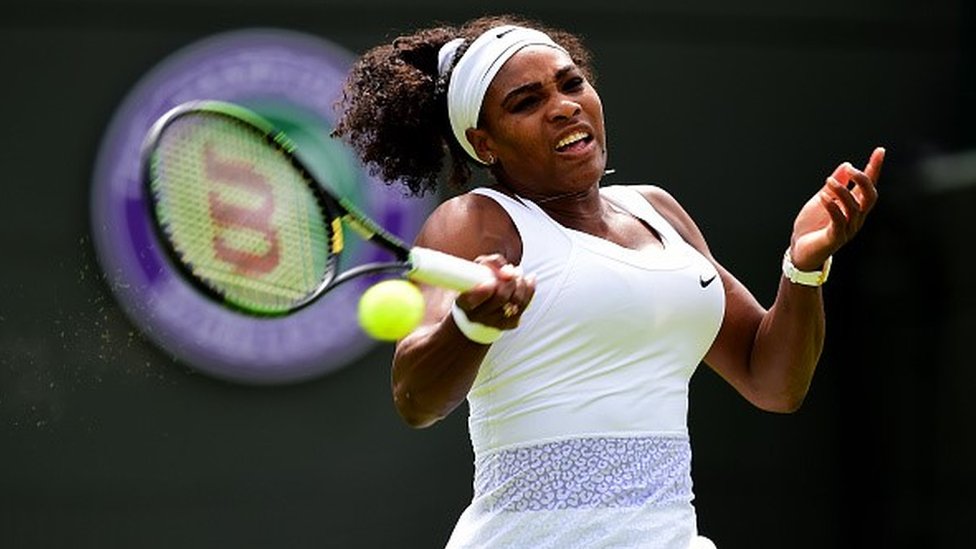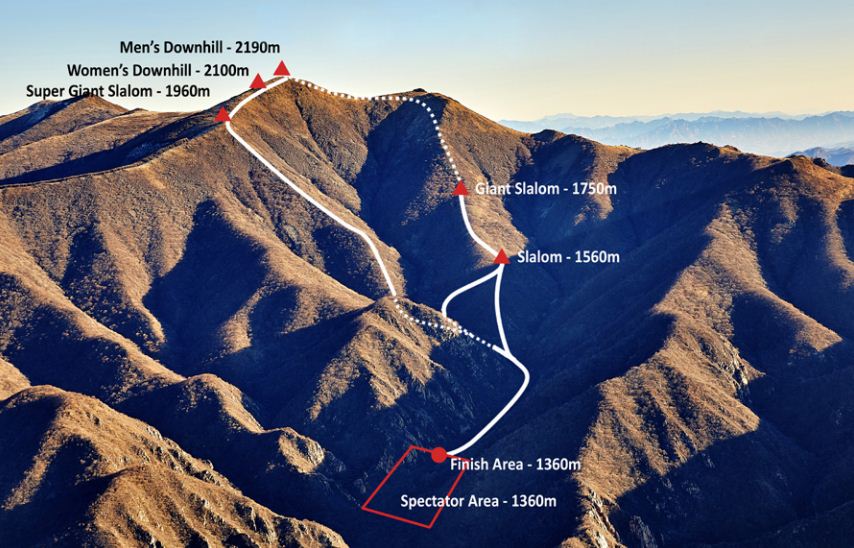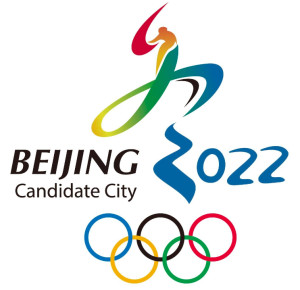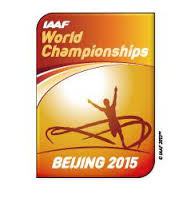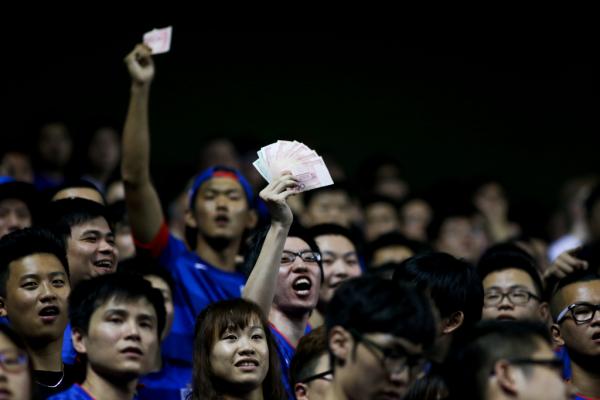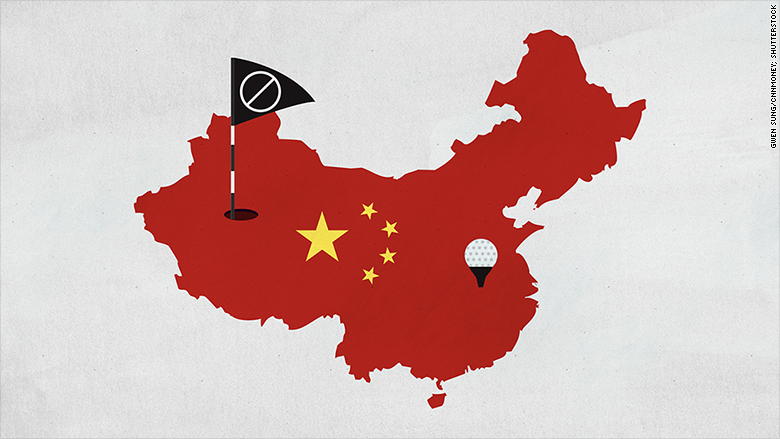More than 70 doctors and academics are calling for a ban on tackling in rugby matches played in UK and Irish schools.
Month: July 2016
Paying to get the best seats in the sport stadium
Sporting debentures offer sports organisations a way to fund capital projects, and provide sports lovers with the chance to guarantee tickets to sell-out events.
Aston Villa: Dr Tony Xia completes takeover of Championship club
Chinese businessman Dr Tony Xia succeeds Randy Lerner as chairman of Aston Villa, who were relegated from the Premier League last season.
Berlusconi: AC Milan sold to Chinese consortium
Former Italian Prime Minister Silvio Berlusconi says he has sold football club AC Milan to a Chinese consortium.
Froome jabs a spectator in the face during Tour de France
BAGNERES-DE-LUCHON, France (AP) ” Before launching his downhill attack, Chris Froome landed a left jab ” to a spectator’s face.That’s what happened when a fan wearing the yellow shirt of Colombia’s national soccer team and a yellow…
Why Beijing Will Win the 2022 Olympics – and Why It Shouldn’t
All the talk in this part of the world is how China is bound to win the 2022 Olympics, given that its only rival in this two-horse race is so nondescript that many haven’t even heard of it, let alone be able to place it on a map (for the record, Almaty is in Kazakhstan, only a few hundred miles from the Chinese border).
But there is one very obvious hurdle here: this is a Winter Games, and while Almaty was described in the IOC’s evaluation commission report (ECR) as “a winter sports city, with easy access to the mountains and some world-class winter sports venues”, check out pictures from the same ECR of where China’s bid plans to hold the skiing event:
Not a whole lot of snow, right? But China can get very hot in the summer, I hear you cry. The trouble is, these pictures were taken in January of this year, smack in the middle of cold season. Here is another one:
Man-made snow is a necessity at many ski resorts all around the world, but in a country where some have argued that the water shortage could be the largest problem facing China today, think about what would be involved to ship that much water up to these mountains to ensure that the Games would be a success. I have no doubt that China could do it, but it’s not hard to construct a case to vote against China based on environmental concerns alone.
That’s the bad news.
Beijing vs Almaty: The Final Countdown
In a few hours’ time, IOC President Thomas Bach will announce either China’s capital, Beijing, or Kazakhstan’s largest city, Almaty, as the host of the 2022 Winter Olympic Games. Here are some reasons why China should be confident of success – and some reasons to worry:
Why Beijing will win
PEOPLE. There are not quite 1.3 billion reasons why Beijing will win, but Chinese President Xi Jinping has claimed that 300 million people will take up winter sports should Beijing win the Games. Misleading Chinese stats is a particularly bugbear of these pages, and that number seems extraordinarily high at first glance – plucked, as it is, from thin air – but even applying the Weibo rule and dividing by ten, 30 million participants have the potential to revolutionize the winter sports industry.
EXPERIENCE. Beijing is in the unique position of having held an Olympic Games in the very recent past, so a number of people who were directly involved in the success of 2008 will be directly involved in making sure 2022 is an equal success. The 2014 Youth Olympic Games in Nanjing didn’t hurt either. In short, the IOC voters know that China has what it takes to put on a great show.
TELEVISION. Don’t underestimate the power of television networks – led, of course, by NBC’s billions – to influence decisions of this nature. If you think that NBC executives would want Almaty to win out over Beijing, you are either certifiably insane or Kazakh. Visually, Almaty’s stunning panorama would trump China’s brown mountains, but the depth and range of feature stories produced for an American audience would be far, far greater in China.
China’s medal contenders
The World Athletics Championships kick off in Beijing today, with the world’s media focusing more on the doping allegations that have engulfed the sport than on the sporting action. This is completely understandable, given the revelations that have come out in recent weeks – for example, that one third of the athletes who competed at the 2011 World Champs in South Korea had suspicious tests during the previous 12 months.
However, Chinese media – led by national broadcaster CCTV – have been putting more of a positive spin on things, as is their government-directed wont. Wall-to-wall coverage of former meets (including the 2008 Beijing Olympics) has been shown on sports channel CCTV-5 in recent days, educating and encouraging the public in equal measures, in the hope that they embrace these championships.
2004 Olympic champion Liu Xiang
The problem is: Liu Xiang, China’s 110m hurdles 2004 Olympic champion and the sport’s only real domestic star, recently retired.
Here is a list of all the Chinese contenders hoping to step into Liu’s size 11s:
Astonomical CSL broadcast deal stuns China’s sports industry
CCTV, IMG and Infront – all huge names in the sports industry – were among the suitors to buy the rights to produce and broadcast the Chinese Super League. But these three, and others, were obliterated by the bid submitted by the comparatively little known Tiao Power, worth a staggering 8 billion yuan over five years.
Reports say that Tiao’s 8 billion yuan bid – worth 20 times more than the existing deal – dwarfed the 4.3 billion submitted by Shanghai’s Great Sports channel, 4 billion from CCTVSE (the sports marketing wing of the broadcaster) and 1.75 billion from Guangdong’s GDTV. IMG, Infront and two other parties didn’t make it through to the final after failing to satisfy all of the CSL’s requirements in the submission process.
Under the terms of the deal, Tiao will pay 1 billion yuan in each of 2016 and 2017, followed by 2 billion yuan each year from 2018-2020. It’s a huge amount of money by Chinese standards for a product that, while improving, is still way behind the top European leagues, and Tiao is clearly gambling that losses in the first few years of the deal could be compensated by profits 4-5 years down the line.
The company, run by media mogul Li Ruigang (above) – also known as China’s Rupert Murdoch – won the broadcast rights to Chinese national team matches earlier this year for 70 million yuan, ending the CFA’s long association with CCTV. Of course, CCTV could still end up broadcasting both Chinese national team and CSL games, but that is far from certain, and they would have to pay handsomely for the privilege.
Ti’ao Power’s GM, Ms Zhao Jun, earlier this year dismissed talk of a pay-per-view model, citing previous failures in China, although English Premier League games are now available on a wide variety of online platforms, some of which cost 5.99 RMB (standard definition) or 9.99 RMB (HD) per game.
Did China really ban golf or not?
Headlines last week left readers with little doubt about the state of golf in China:
“Golf banned for China’s Party members” (CNN)
“Communist party commands its 88 million members to abstain from playing golf” (Guardian sub-heading)
“To fight corruption, China officially bans golf for party cadres” (Washington Post)
“China just banned 88 million people joining golf clubs” (USA Today)


